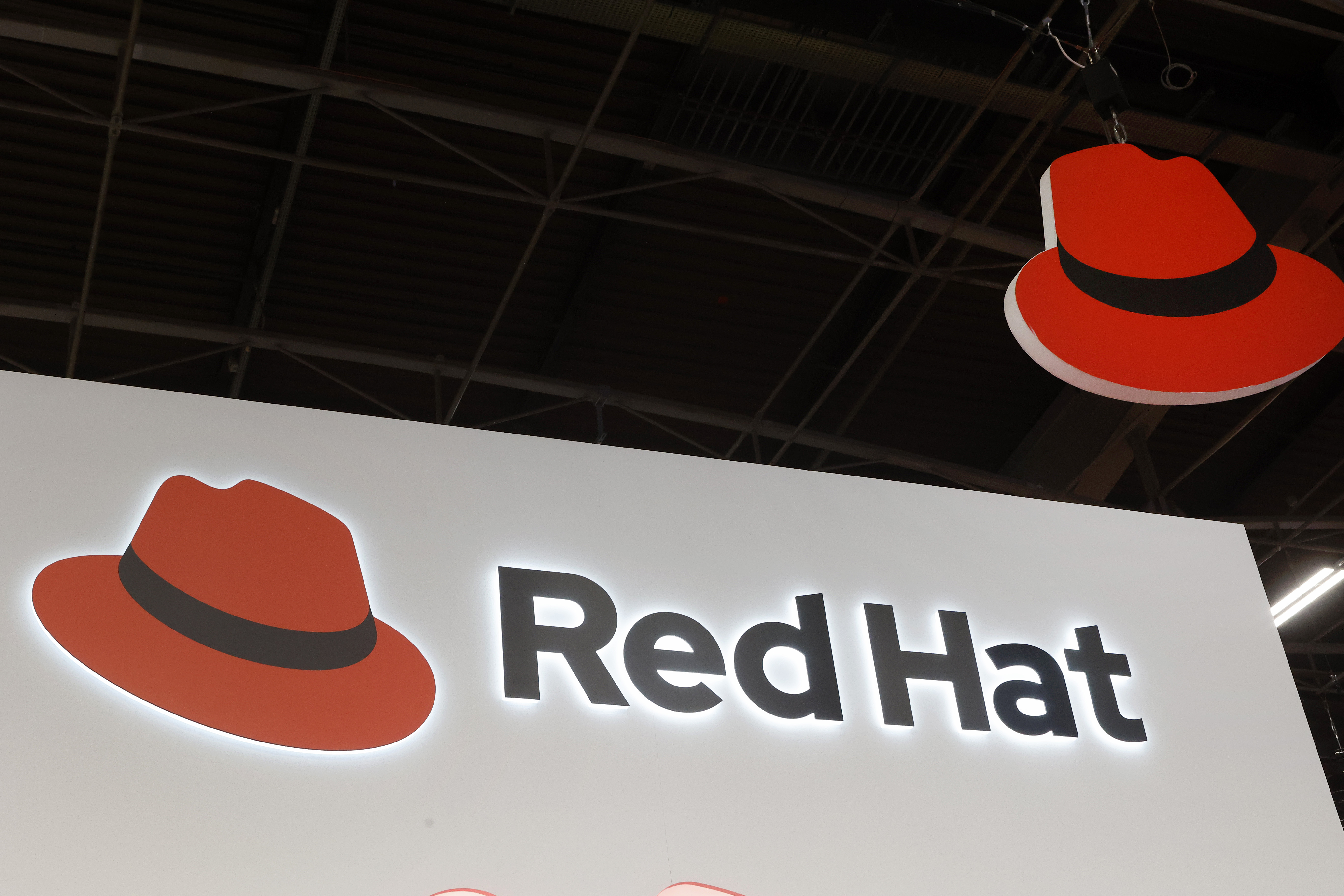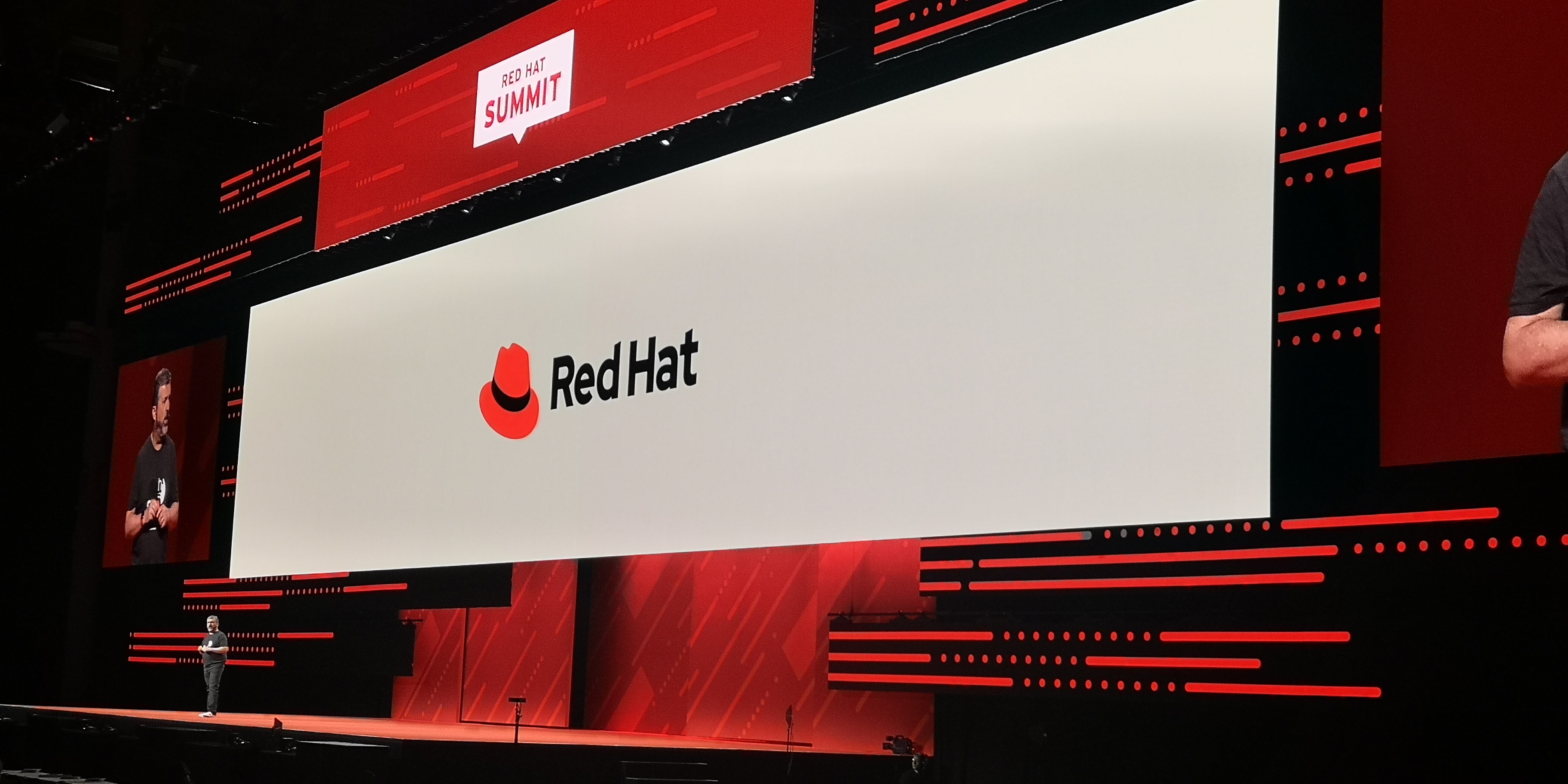Red Hat: AI skills gap now a leading threat to enterprise innovation
IT managers in the UK are concerned the AI skills gap will hold their businesses back


A growing AI skills gap now ranks among the leading stumbling blocks for enterprise innovation, according to new research from Red Hat.
In a survey of 300 UK IT managers at large enterprises Red Hat found the most concerning challenge currently faced by tech leaders was a lack of strategic thinking and business skills (73%) and AI skills (72%).
Respondents also reported deficits in cyber security and agile delivery (CI/CD pipelines, GitOps, automation) skills as crucial barriers inhibiting innovation in their business.
There is some evidence to suggest it is not just skills gaps that are hurting firms, however, as 46% of respondents said they need to upgrade their systems to support business operations.
Yet some respondents challenged this view, with a third of IT leaders maintaining they have the proper systems in place to serve business needs, but skills shortages are holding their organization back.
What’s behind the AI skills gap?
The source of these skills gaps are thought to be high workloads and budget constraints, Red Hat said.
The majority of respondents (44%) attributed the prevailing skills gaps to staff having less time to upskill due to increased workloads, and the same number cited insufficient budget allocations for training, upskilling, and recruitment.
Sign up today and you will receive a free copy of our Future Focus 2025 report - the leading guidance on AI, cybersecurity and other IT challenges as per 700+ senior executives
Skills shortages were also suggested to be a result of the siloed work structure at many organizations, which in turn prevents cross-team learning opportunities (35%).
A key factor in the widening AI skills gap is the current pace of innovation in the field, Red Hat found. More than one-third (34%) of respondents said staff are unable to keep track with the rapidly evolving software landscape, with many now ill-equipped to work with cutting-edge technologies such as generative AI.
Red Hat also asked what IT managers saw as the biggest barriers to innovation in their organization. Lack of budget for training was again near the top of the list, cited by 35% of respondents, as was slow adoption of the latest processes and efficient work practices (36%).
Furthermore, 30% of respondents highlighted their inability to recruit and retain talent and a lack of access to the right software platforms to accelerate software delivery.
Tackling the AI skills gap
Recent research from AWS has demonstrated the demand for AI talent in the current labor market, and has committed to boosting AI proficiencies with the launch of its ‘AI Ready’ initiative.
RELATED RESOURCE

Get an informed overview of what to consider when executing GenAI
DOWNLOAD NOW
Yet, some experts claim the AI skills gap needs to be addressed with a more holistic approach, not limited to boosting technical skills.
Erica Langhi, senior solution architect, EMEA, at Red Hat said AI skills shortages are not simply the result of dwindling coding proficiencies, arguing that collaboration will be important in addressing the talent gaps currently holding businesses back.
“This is about more than technical and coding ability, where generative AI can certainly help. Organizations need to build expertise in areas like data bias, ethics of AI and model explainability, and make sure they have the right collaboration platform in place”.
“This range of expertise is vital to achieve transparency and accountability for outcomes to ensure they are as fair as possible and deliver against business goals. Companies that actively engage in the open source community to share best practices and collaborate on ethical AI standards can gain a competitive edge in this evolving landscape.”

Solomon Klappholz is a former staff writer for ITPro and ChannelPro. He has experience writing about the technologies that facilitate industrial manufacturing, which led to him developing a particular interest in cybersecurity, IT regulation, industrial infrastructure applications, and machine learning.
-
 Google DeepMind CEO Demis Hassabis thinks this one area of the tech industry is probably in an AI bubble
Google DeepMind CEO Demis Hassabis thinks this one area of the tech industry is probably in an AI bubbleNews AI startups raising huge rounds fresh out the traps are a cause for concern, according to Hassabis
-
 Everything you need to know about Google and Apple’s emergency zero-day patches
Everything you need to know about Google and Apple’s emergency zero-day patchesNews A serious zero-day bug was spotted in Chrome systems that impacts Apple users too, forcing both companies to issue emergency patches
-
 CI/CD comes into focus as enterprises ramp up application modernization efforts
CI/CD comes into focus as enterprises ramp up application modernization effortsNews A greater emphasis is being placed on CI/CD pipelines among enterprises updating legacy applications and infrastructure
-
 IT leaders need to accept they’ll never escape technical debt, but that doesn’t mean they should down tools
IT leaders need to accept they’ll never escape technical debt, but that doesn’t mean they should down toolsAnalysis Organizations contending with technical debt are struggling to deliver digital transformation projects, according to Red Hat research, but what can be done about it?
-
 Red Hat partner program shake up aims to “prioritize the ecosystem” and supercharge collaboration
Red Hat partner program shake up aims to “prioritize the ecosystem” and supercharge collaborationNews Red Hat is sending a “clear message” to partners with the launch of a new program framework
-
 How cloud-native agility helped DNEG level up its award-winning VFX
How cloud-native agility helped DNEG level up its award-winning VFXCase study Through Red Hat OpenShift’s cloud-native approach, renowned VFX innovator DNEG slashed its update times
-
 Red Hat: Enterprise IT automation being undermined by a reluctant workforce
Red Hat: Enterprise IT automation being undermined by a reluctant workforceNews UK firms are also outpacing European counterparts in their shift to IT automation
-
 Red Hat appoints IBM executive Andrew Brown as chief revenue officer
Red Hat appoints IBM executive Andrew Brown as chief revenue officerNews Software industry veteran will replace outgoing CRO Larry Stack, who will join IBM as a senior advisor
-
 IBM, Red Hat and Cobuilder reconnect fragmented supply chains
IBM, Red Hat and Cobuilder reconnect fragmented supply chainsNews New solution enables construction companies to build intelligent and sustainable workflows
-
 Red Hat closes purchase of multi-cloud container security firm StackRox
Red Hat closes purchase of multi-cloud container security firm StackRoxNews Linux firm bolsters security capabilities missing from its OpenShift Kubernetes platform
